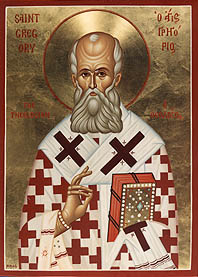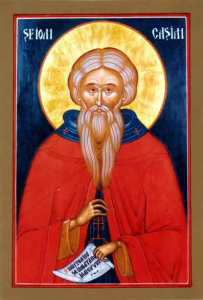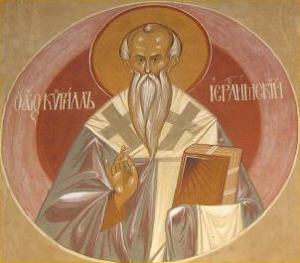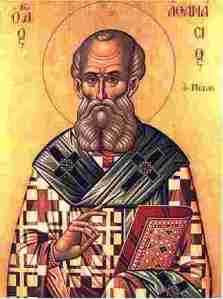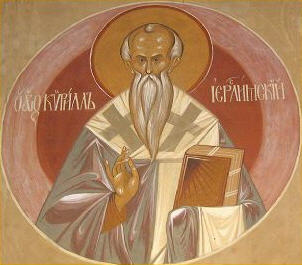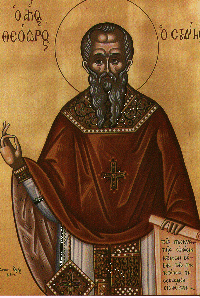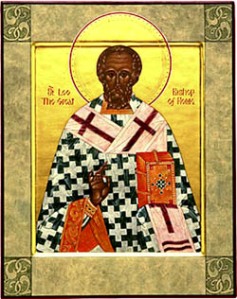 Continued from here….
Continued from here….
After the assertion of this most happy humility, the Lord hath added, saying, “Blessed are they which mourn, for they shall be comforted” (Matt. 5:4).
This mourning, beloved, to which eternal comforting is promised, is not the same as the affliction of this world.
Nor do those laments which are poured out in the sorrowings of the whole human race make any one blessed.
The reason for holy groanings, the cause of blessed tears, is very different.
Religious grief mourns sin either – that of others’ or one’s own.
Nor does it mourn for that which is wrought by God’s justice, but it laments over that which is committed by man’s iniquity.
For he that does wrong is more to be deplored than he who suffers it, because the unjust man’s wrongdoing plunges him into punishment, but the just man’s endurance leads him on to glory.
Next the Lord says: “blessed are the meek, for they shall possess the earth by inheritance” (Matt. 5:5).
To the meek and gentle, to the humble and modest, and to those who are prepared to endure all injuries, the earth is promised for their possession.
And this is not to be reckoned a small or cheap inheritance, as if it were distinct from our heavenly dwelling, since it is no other than these who are understood to enter the kingdom of heaven.
The earth, then, which is promised to the meek, and is to be given to the gentle in possession, is the flesh of the saints, which in reward for their humility will be changed in a happy resurrection, and clothed with the glory of immortality, in nothing now to act contrary to the spirit, and to be in complete unity and agreement with the will of the soul.
For then the outer man will be the peaceful and unblemished possession of the inner man.
Then the mind, engrossed in beholding God, will be hampered by no obstacles of human weakness nor will it any more have to be said “The body which is corrupted, weigheth upon the soul, and its earthly house presseth down the sense which thinketh many things” (Wisdom 9:15).
For the earth will not struggle against its tenant, and will not venture on any insubordination against the rule of its governor.
For the meek shall possess it in perpetual peace, and nothing shall be taken from their rights, “when this corruptible shall have put on incorruption, and this mortal shall have put on immortality” (1 Cor. 15:53), that their danger may turn into reward, and what was a burden become an honour.
Leo the Great (c.400-461): Sermon 95, 4-5.
